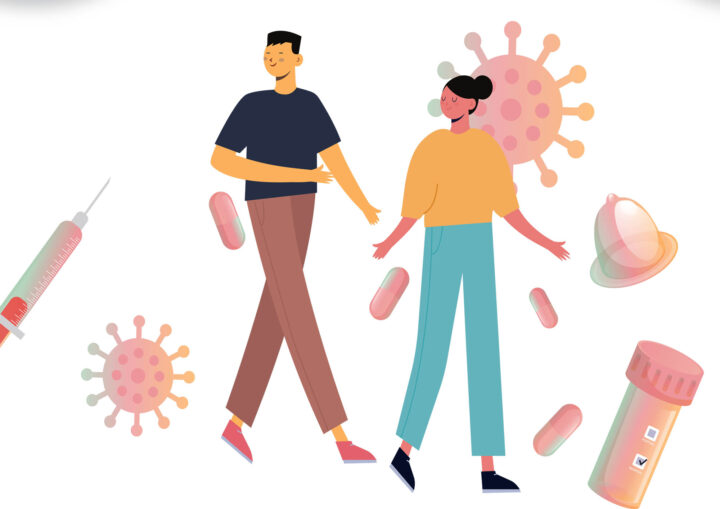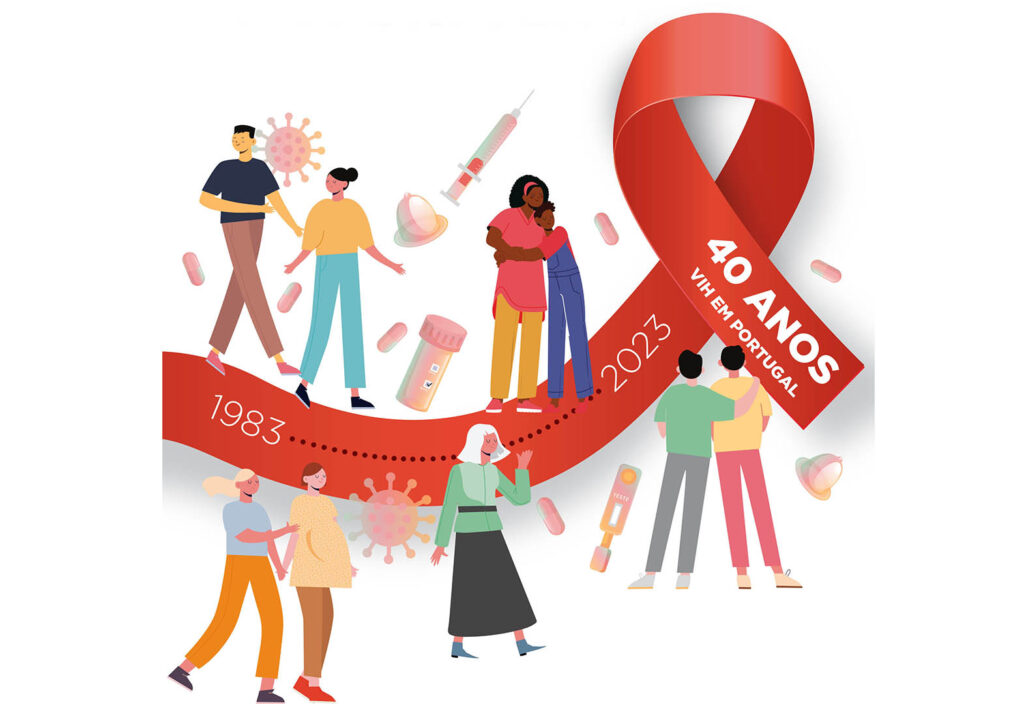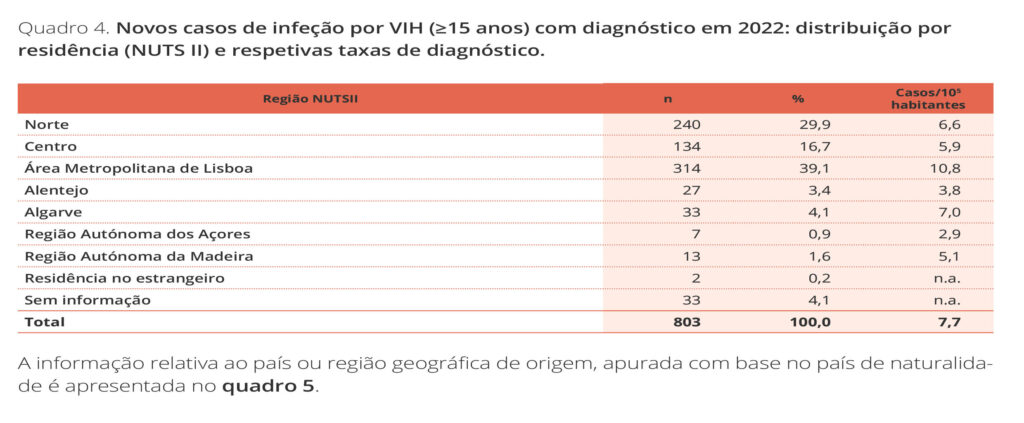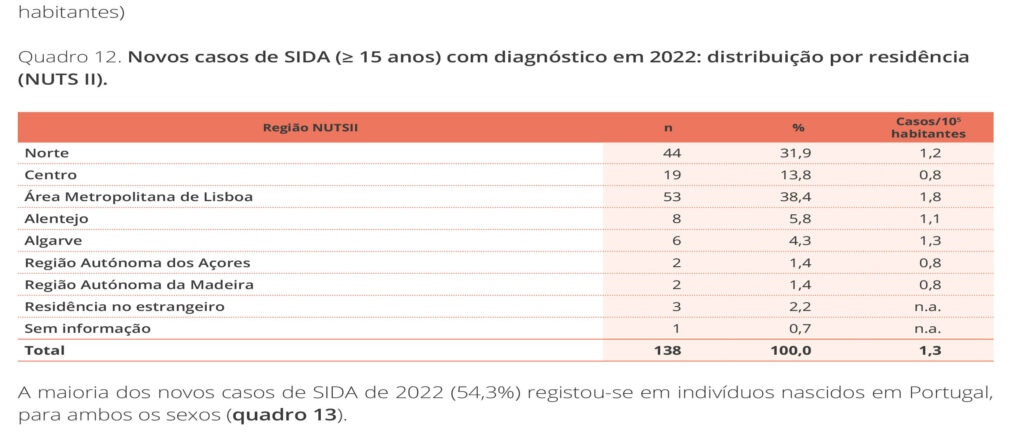804 new cases of HIV infection were diagnosed in our country in 2022, which represents a decreasing trend that has been observed since the year 2000, reveals the Report HIV Infection in Portugal – 2023, presented today by the Directorate-General for Health ( DGS) and by the National Institute of Health Doutor Ricardo Jorge (INSA).
The document, which portrays the evolution of the infection in Portugal and is presented in the week that marks World AIDS Day (1 December), notes the 56% reduction in the number of new cases of infection by HIV and 74% in new AIDS cases between 2013 and 2022.
As for diagnosis, it was late in 57,2% of new cases (with CD4<350 cells/mm3), a figure that rises to 69,9% for people aged 50 years or over.
The numbers reflect that the majority (75,5%) of new cases were registered in men (3 cases for every case in women) and that the median age at the time of diagnosis was 37 years.
The highest diagnosis rate is in the 20-39 age group, with 54,5% of new cases of HIV infection.
The Lisbon Metropolitan Area, followed by the Algarve region, has the highest rate of new diagnoses.
Although heterosexual transmission remains the most common (47,7%), cases in men who have sex with men (MSM) accounted for the majority of new diagnoses in men (61,8%).
151 deaths were reported in 2022 in people living with HIV, and in the majority (51,7%) of these cases, the diagnosis of the infection had occurred more than 15 years ago. The median age at death was 60 years.
The year 2023 marks four decades of the HIV epidemic in Portugal. Over these forty years, 66 cases of infection were reported, of which 061 reached the AIDS stage and 23 deaths were reported in people living with HIV.
It was estimated that at the end of 2021, 45 people with HIV infection would live in Portugal, 532% of whom already knew their diagnosis.
This year also celebrates 30 years of the Syringe Exchange Program, responsible for the distribution of more than 64 million syringes, which resulted in a reduction in the proportion of new diagnoses in the group of people who inject drugs.
Between 2013 and 2022, there was an 84% reduction in new diagnoses in this population.
In 2022, there were significant increases both in the number of HIV tests carried out in the country – around 70 thousand through rapid tests and more than 370 thousand in laboratory tests prescribed by the National Health Service – and in the number of people who used Pre-Exposure Prophylaxis (PrEP), with approximately 4 people receiving it at least once a year, 500 of them for the first time in their lives.
The stigma and discrimination associated with HIV infection persist, with four in ten people reporting having been the target of some type of social discrimination and 15% reporting having already suffered some violation of their rights, according to the Index of the Stigma of People Living with HIV.





















Comments